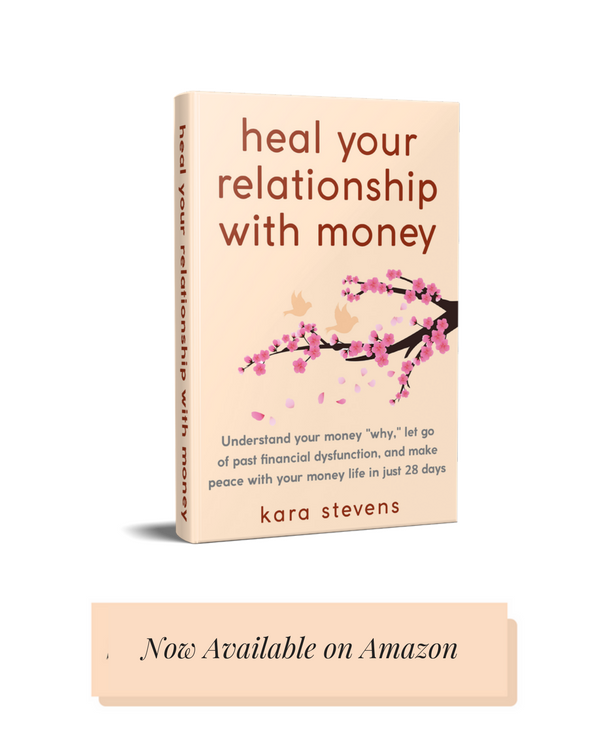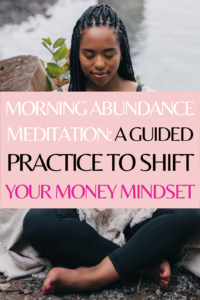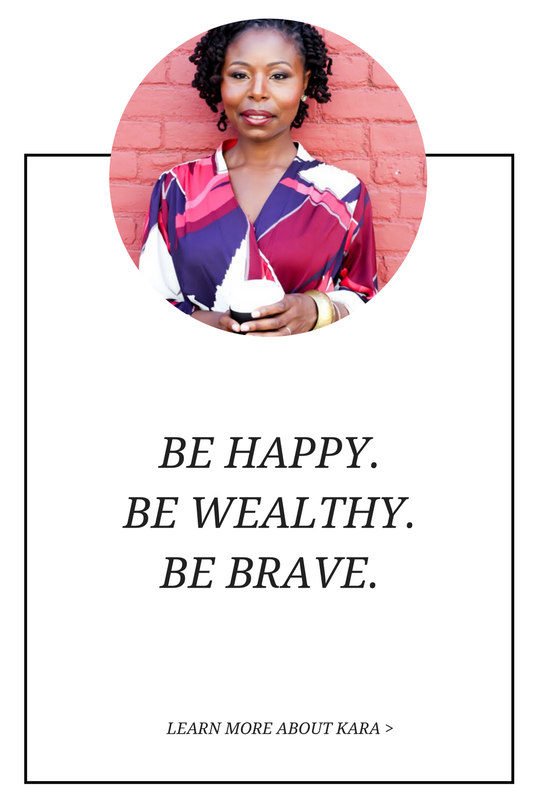Dear Sister,
2014 saw the deaths of many young black women popular in social media and the natural hair community. Among them were the death-by-suicide of 45 year-old Titi Branch, co-founder of Miss Jessie’s hair products, and 22 year-old Karyn Washington of the popular, now-defunct site, For Brown Girls.
Many of us were shocked as we had often seen their faces in pictures or videos full of smiles. In fact, living in New York City, I know two people who’ve met and interacted with Titi Branch and spoke very highly of how warm and nice a woman she was face-to-face. Both said they would have never known.
Most times that’s exactly how it is—we don’t know, nor can we imagine the depths of pain of those sitting right beside us.
Depression is a serious issue.
I thought of these women several times this week as I saw clients in my office who were dealing with extreme sadness and had come for therapy. A woman who I met for the first time sat before me crying as she detailed the story of her pending divorce. She’d been married almost as long as I’d been alive and now it was ending—for no reason. Her husband assumed she’d been cheating and acted as such, even though this woman was clearly not the type to cheat. Everything was crumbling before her. He’d left and created a ruckus in his departure. Yet, sadly, she appeared somewhat apologetic for the amount of pain she was in. She was embarrassed that she could cry at the drop of a dime—at work, on the bus…in her room. It seems she thought she should be stronger…more able to bear.
I think that’s what happens to most of us. And why wouldn’t it? For as long as we can remember we’ve heard the phrase, “strong INDEPENDENT black woman.” She is strong. She can handle anything. She doesn’t cry. She’s the helper not the helped…
This notion has pervaded the consciousness of so many of us—becoming the yard-stick against which we measure ourselves.
However, the problem with, “the strong black woman” stereotype is that there is little allowance for weakness, even though weakness is an inevitable part of the human experience. As such, we try our best to suppress those feelings—identifying this denial as strength, when in fact it may be the opposite.
At the end of the earlier-mentioned session, I commended the woman for crying and sitting with her emotion. I told her that I’d be more worried if she wasn’t crying. I also told her that she was increasing her distress by trying to resist her sadness. “Allow the sadness. “ I ended.
In another instance this week, a male friend relayed some sentiments to me. Because of the recurring themes of grief and loss, against the backdrop of my knowledge of his life, I asked, “Do you think you might be depressed?”
He quipped, “I’m stronger than you know.”
His defensiveness caught me off-guard because he’d always trusted my sentiments. I answered, “I’m not saying you’re depressed. Neither do I think depression is weakness.”
It’s time for the black community to aggressively address the stigma we have pertaining to mental illness. Furthermore, it’s time for us to realize that the, “strong INDEPENDENT black woman” was a coping mechanism that has outlived its’ utility. When we’re sad our task is to sit with our sadness—fully accepting our current emotional state. Then take a step further and get the help we need.
I’m passionate about this issue and de-stigmatizing mental illness in the black community. As such, in the weeks to come you’ll hear more on this. I ask that you leave comments and questions in the comment section below so that we may continue the discussion.
With Love,
Dr. Norissa
P.S. With open enrollment season closing on February 15, I think it is very timely that Norissa wants to talk about mental health If you don’t have a health plan that covers counseling, use open enrollment time to shop for the best plans for your needs. Click here for some tips for picking the right coverage.
[info_box type=”alert_box”]Caring for yourself including takes care of your finances. I encourage all ladies who are serious about self-care to go on The Happy Finances Challenge. In 42 days you can learn to make money decisions that will lead to long-term financial happiness. [/info_box]










